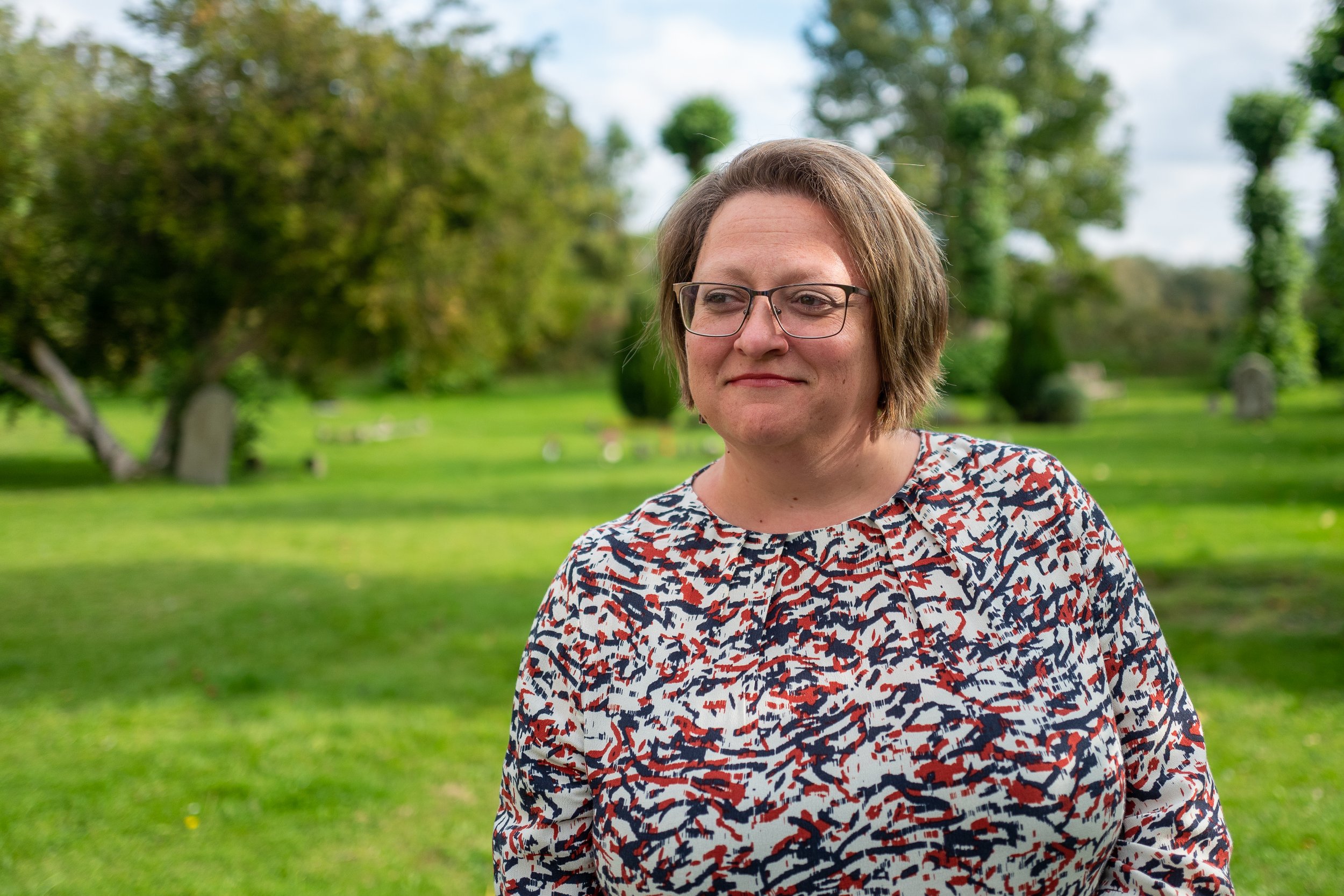ESG – why it should be on your radar in 2022
ESG. Whatever your sector, model or size, understanding what it is and what it could mean for your business is important as ESG moves ‘mainstream’ in 2022.
So what is it? ESG stands for Environmental, Social and Governance and refers to a set of standards for a company’s operations that socially-conscious consumers, investors and potential employees can use to screen decisions.
Often applied in sustainable or ethical investing, ESG has started to replace CSR as the go-to term for socially responsible business practices.
But there’s more to it than this, because ESG isn’t just relevant for those working in the ‘green economy’. As its profile grows, ESG is becoming a core feature of doing business, not an optional extra. It is CSR rebooted and should be on the radar of every values-driven company today.
Growing awareness – and the need to act
‘The idea that companies need to act as corporate citizens isn’t new,’ says Associate Lisa Fryer, ‘but the pressure to be aware, take steps and be transparent and honest about how your business is doing – including where you’re limited – has grown.
‘ESG is more than an add-on to your company report. The best values-driven companies are integrating it with their operations. They understand that ‘greenwash’ won’t wash in a social media age.’
Indeed, while the power of social media can be divisive, it has also raised public, political and business awareness of genuine prejudice and discrimination. By highlighting bias, it’s shone a light on differences in the treatment and experiences of others that are reshaping many workplaces, as well as the lives we lead.
Different approaches for different sectors
At J Gadd Associates, we’ve noticed a growing awareness of ESG among many of our existing and former clients, and are excited at the way in which some – such as Riverford Organic Farmers – are leading the way. Environmental consultancy LUC is another example of a client that has taken a strong public environmental stance.
‘Many organisations have been conscious of ESG for some time, but there’s a sharper focus on it now – its profile has risen,’ Lisa confirms.
‘Those with an environmentally-driven customer base are already ahead: ESG matches their values and they are openly sharing information with those who work and shop with them. It’s key to maintaining trust.’
For others, it’s about clarifying their intentions, setting practical goals and being realistic about where – and how – they can strengthen their approach to Environmental, Social and Governance in a way that supports their reputation and commercial success.
Each company’s stance will be different depending on their sector, product and services. Some face a bigger challenge. There is no one size fits all.
‘As its profile grows, ESG is becoming a core feature of doing business, not an optional extra’
Setting realistic ESG goals
So what about us?
At J Gadd Associates, the way we work with employee-owned and other values-driven businesses is shaped by our values – Trust, Integrity and Clarity. We are clear in all that we do.
That means that this year, like many other companies, we will be clarifying and applying our own ESG standards to align with our values, so we can be transparent when sharing information with our clients, trusted partners and wider networks about our progress towards realistic goals.
But we’re not starting from scratch.
The nature of JGA’s Transition, People and Governance services – and the way in which our Associates design and deliver them – means that much of what we do is already connected to strengthening our clients’ ESG.
Moving forward in the right direction
How so? As a business working with the employee ownership sector, our support is geared around the ‘S (Social) element. We enable employee-owned organisations to unlock the potential of their people and bring their employee ownership to life.
Alongside this, our experience in supporting clients to establish sound governance with fit-for-purpose structures and processes – and the right people in the right roles – doesn’t just ensure they are legally compliant. It also strengthens their commercial resilience and ability to grow.
As Lisa points out: ‘If your organisation embeds good governance, you, your people and customers will know that the E and S of ESG are being taken seriously and that any decisions are being taken appropriately. At JGA, we see this in action through our work on developing trust board effectiveness and building a stronger board.’
‘When you have a clear vision, strong values and the right people in the right roles, good governance keeps everything moving forward in the right direction.’
‘An important part of JGA’s employee ownership work relates to enabling our clients to define their purpose. Achieving ESG goals is a lot easier when an organisation understands what it values and why.’
Meeting your customers’ expectations
Lisa is excited to see how many companies are now ‘stepping up’ when it comes to ESG. ‘As a business, they feel it’s the right and responsible thing to do,’ she explains.
‘And it’s what their employees are asking them to do. The pandemic has prompted many people to reassess what matters, raising employees’ expectations. The shift to hybrid working hasn’t limited access to talent, so talent can be more demanding about where they want to build their career – and how.’
‘At JGA, we’re working with a generation of leaders whose approach is being influenced by their children. The younger generation is challenging them to be more conscious of factors such as the environment.’
The Employee Ownership Association has recognised this shift too. Last year it ran a webinar series on ESG, which Lisa followed.
‘One of the many points the EOA webinars made was that all eyes need to be on the ball. Even if you’re an organisation supplying services or products to other organisations, those clients have reputations and customers at the end of the chain who are expecting them to take the right decisions,’ she says.
‘This focus is consumer-driven. In the past, having a stance on ESG was a nice to have – now it’s a must-have. If you haven’t started yet, you’re behind the curve. The business perspective has changed.’
‘Each company’s stance on ESG will be different depending on their sector, product and services. There is no one size fits all’
Next steps
At JGA, our Transition, People and Governance services can help clients gain clarity and take practical steps towards achieving their ESG goals.
To find out more about how we could support you



